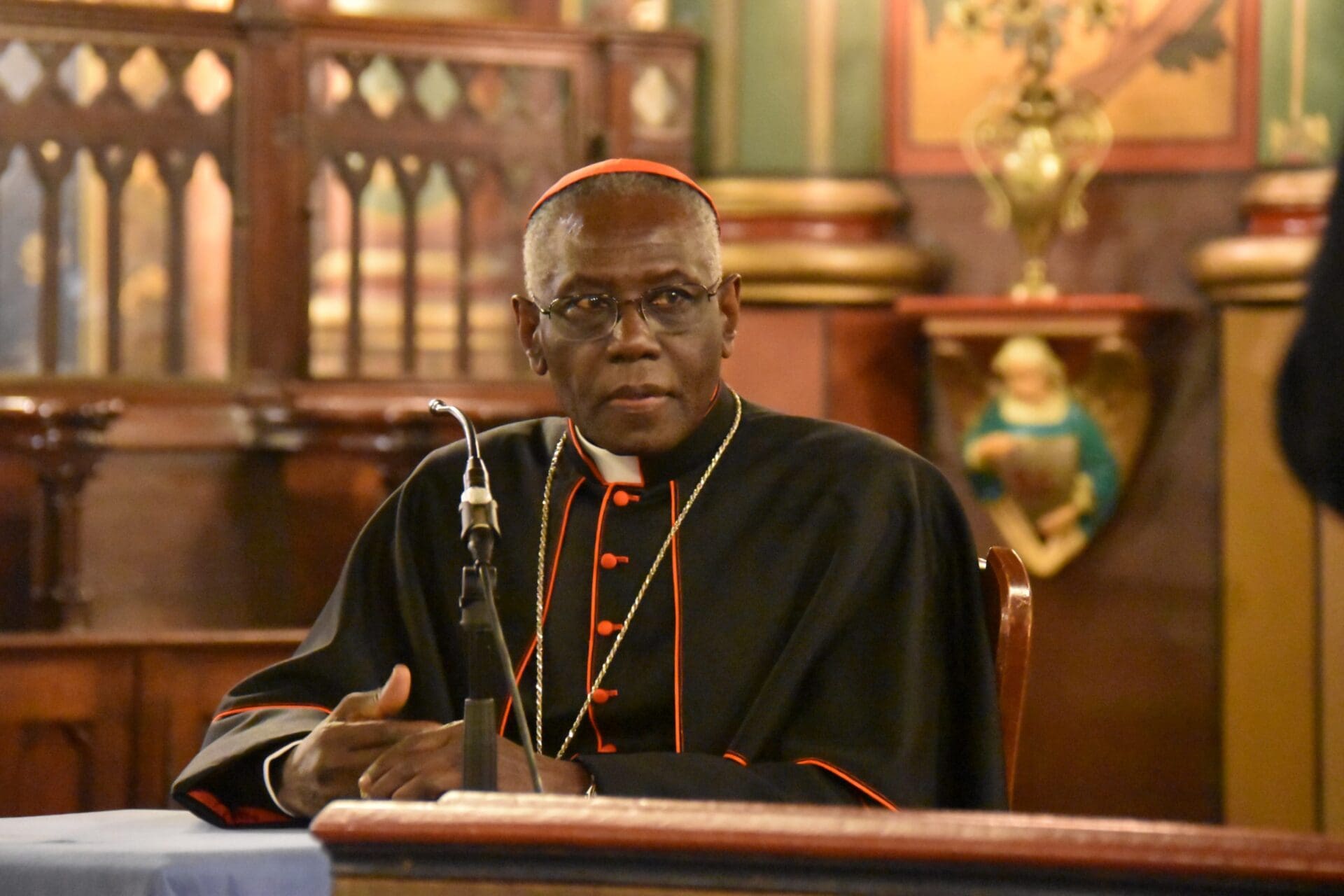Q: Is it permissible to skip the hymn in the Divine Office when reciting it in private, or with a small group? Even if it’s not sung, need it be recited?
A: The General Instruction of the Liturgy of the Hours (GILH) does not indicate the option to omit the hymn. On the contrary, the GILH reminds us the Office—and not the Mass—is the traditional context for the Catholic hymn tradition: “A very ancient tradition gives hymns the place in the office that they still retain. By their mystical and poetic character they are specifically designed for God’s praise. But they also are an element for the people; in fact more often than the other parts of the office the hymns bring out the proper theme of individual hours or feasts and incline and draw the spirit to a devout celebration. The beauty of their language often adds to this power. Furthermore, in the office hymns are the main poetic element created by the Church” (n.173). As a constituent part of the ritual for the hours, it ought not be omitted any more than any other part.
Nor does the GILH suggest that public versus private celebration of the hour permits the hymn from being omitted: following the introduction to the hour, “an appropriate hymn is sung immediately. The purpose of the hymn is to set the tone for the hour or the feast and, especially in celebrations with a congregation, to form a simple and pleasant introduction to prayer” (n.42). Note that the Instruction emphasizes the special value for public celebrations but does not consider the hymn optional when praying privately.
Neither does the GILH give the option to neglect the hymn when the psalmody is recited. On the contrary, “Even when the hours are recited, hymns can nourish prayer, provided they have doctrinal and literary excellence; but of their nature they are designed for singing and so, as far as possible, at a celebration in common they should be sung” (n.280).
In short, not only does the GILH not permit omitting the hymn, but it provides ample reason to include it.
Still, the hymns the GILH has in mind are not those found in our current English-language version of the Liturgy of the Hours. While the GILH does allow for local Bishops’ conferences to “introduce fresh compositions,” the first and normative choice is to “adapt the Latin hymns to suit the character of their own language” (n.178). The Divine Office’s traditional hymns are, as cited above, ancient, beautiful, powerful, and poetic. If hymns of such a caliber accompany the hour, it is understandable why the Church’s history and instructions recommend them so highly.
In the retranslation of the current edition of the Liturgy of the Hours, it is possible the Bishops may include a greater variety of these ancient hymns in vernacular translation. Consider, for example, the hymn for Morning Prayer (see left) on the newly established Feast of Mary Magdalene, “The Golden Dawn is Breaking Fast” (Aurora surgit lucida), reprinted from the Lumen Christi Hymnal. If hymns of this quality appeared in the Liturgy of the Hours, why would the faithful want to omit such beauty from their expression of praise for God?
Answered by Christopher Carstens, Editor

